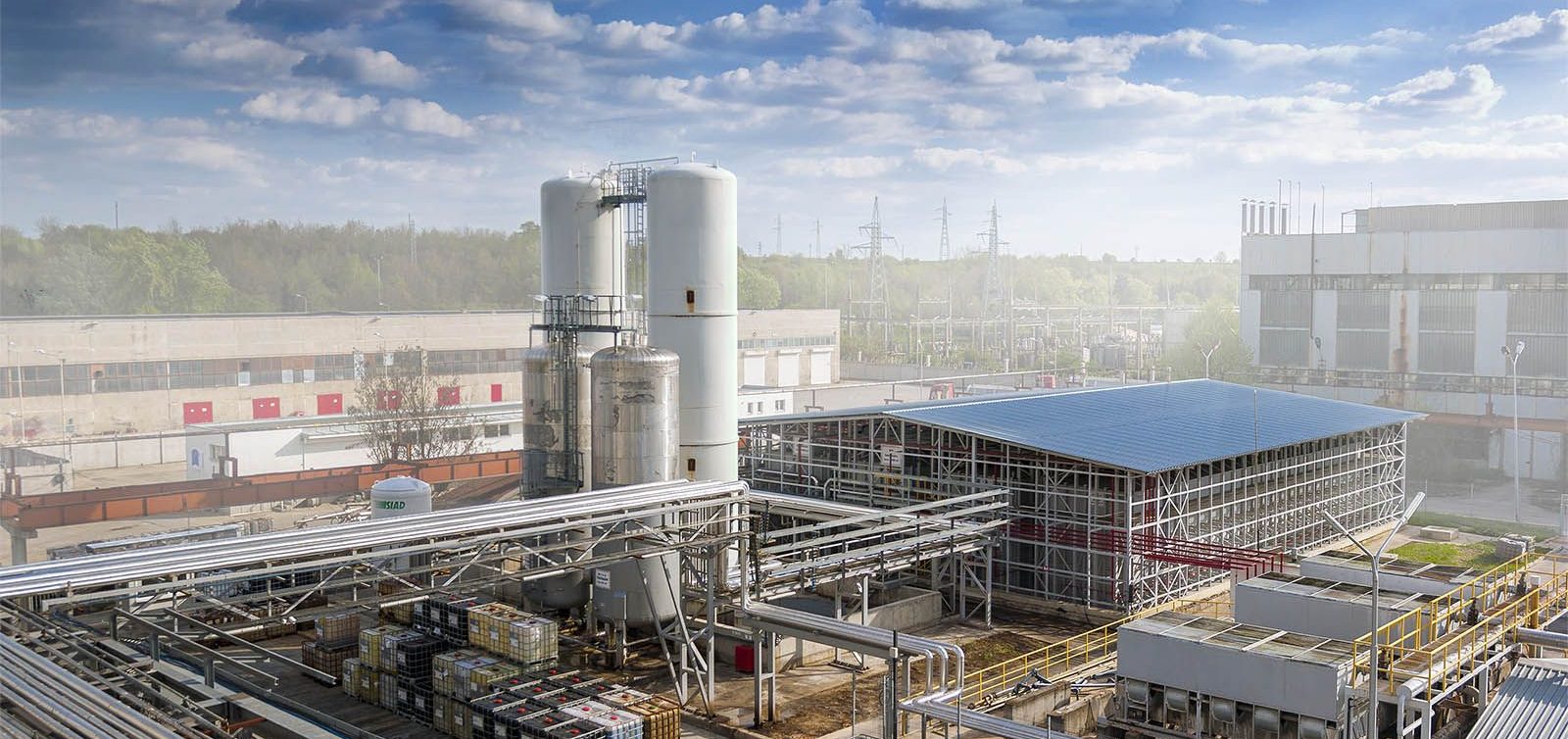With the development of new application areas, the demand for refined glycerin in the European market is increasing. At the same time, the increase in biodiesel production has increased the supply of crude glycerin and expanded the source of refined glycerin. In its newly published research report, Frost & Sullivan, a well-known growth consulting firm in the United States, predicts that the European edible glycerin market will continue to grow from 2009 to 2013, with an average annual growth rate of 4.1%. The continuous expansion of the application of refined glycerin will inject new vitality into the market. It is expected that by 2013, the production of edible glycerin in Europe is expected to exceed 112,000 tons.
The biodiesel industry is the main source
Glycerin is an important additive and is commonly used as a solvent, sweetener or humectant for food processing. In addition, glycerin is also a source of vitamin E and soft phospholipids and can be used as an emulsifier in the food field. The European edible glycerin market has undergone great changes in recent years. From 2003 to 2007, the production capacity of refined glycerin in Europe increased from 380,000 tons to 490,000 tons, which led to a substantial increase in demand for crude glycerin. Since the crude glycerol produced from margarine is gradually reduced, and the preparation of biodiesel produces a large amount of crude glycerin, the biodiesel industry is gradually becoming the main source of crude glycerin supply.
Driven by the EU’s favorable policies for biodiesel, biodiesel plants have been built in various parts of Europe, such as Diester Industries’ annual production of 260,000 tons of biodiesel plants and biofuels in northern France. Company (Biofuels Corp PLC) An annual production capacity of 250,000 tons of biodiesel plant in Teesside, England. The increase in biodiesel production has increased the supply of crude glycerin, which in part has led to overcapacity in the European market in 2006, which has caused crude glycerin prices to shrink by about 50% in one year.
Europe has a very complete and strict quality management system for edible glycerin. The European Pharmacopoeia states that only high-grade refined glycerin with a purity of more than 99.5% can be used for food processing. The glycerin obtained in the production of biodiesel is generally about 65% to 85% of crude glycerin, and the purified glycerin is subjected to filtration, purification, chemical additive treatment, distillation and the like. If it is to be used in the fields of food, cosmetics, medicine, etc., further bleaching, deodorization, and ion exchange are needed to eliminate trace substances. Obviously, the refined glycerin produced by this process is very expensive, and it is generally unaffordable for small and medium-sized biodiesel producers. Only manufacturers with large production scales have the ability to purify crude glycerin into refined glycerin and sell it to other industrial markets.
At present, the major suppliers of crude glycerin in Europe are biodiesel manufacturers, including Diester, Archer Daniels Midland (ADM) and Cargill. Among the more than 20 suppliers, the top five are half of the market. The concentration of refined glycerin in Europe is higher than that of crude glycerol. There are about 35 suppliers of refined glycerin, including Corning, Uniqema, Procter & Gamble and Oleon. The top four companies Accounted for 55% of the market.
As the European glycerin market has matured and competition is fierce, companies are striving to maintain and expand their market share. To this end, they usually strive to maintain good relationships with their customers by ensuring continuous supply and product quality.
The speed of the future development of the European edible glycerin market depends on a variety of factors.
The main driving force for the development of the European edible glycerin market is: on the one hand, the versatility of glycerol itself broadens its scope of application, and its tendency to replace polyols in the food sector has led to further market demand; on the other hand, Europe has risen in 2003. The biodiesel development boom has increased the production of crude glycerol, which indirectly increases the yield of refined glycerin.
At the same time, the development of the glycerin market is also constrained by a number of factors. First, dependence on biodiesel may result in undersupply. Second, the continued rise in refined glycerin prices will accelerate the development of more cost-effective alternatives. Limited glycerin refining capacity will also become a bottleneck restricting the further development of the glycerin market.
Compared to crude glycerol, refined glycerol is produced much more slowly. It is estimated that the construction cost of each glycerin refinery is as high as 20 million US dollars. In the context of the current global financial crisis, banks are not willing to provide loans easily. Due to the lack of sufficient start-up capital, the new glycerin refinery cannot start smoothly under the stimulus of demand, which is undoubtedly a big problem for the market and the enterprise.

